
This year’s 2024 ‘we’re talking hauora’ research talks will once again showcase health researchers from Canterbury and their work. We are joining the Ōtautahi Learning Days 2024 this year, encompassing their theme of ‘Future of Learning’, bringing you the ‘Future of Health’. We have an excellent line-up of speakers and topics, and we hope you can join us in person.
Date: Wednesday 15th May
Time: 5.30pm-7.30pm (doors open at 5pm for refreshments)
Venue: Manawa Foyer, 276 Antigua Street, Christchurch
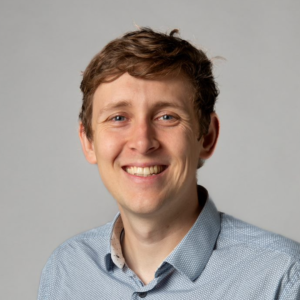
Community driven diabetes service
Dr Jake Campbell
Post-Doctoral Fellow, Department of Mechanical Engineering, University of Canterbury
The gold standard of diabetes care is out of reach for those who need it most, and many of our vulnerable do not have equitable access to the life changing and lifesaving technology available. Jake will present research from within the community on the need for affordable technology, but also how improving education, communication and patient advocacy with clinicians is an important part of managing diabetes.
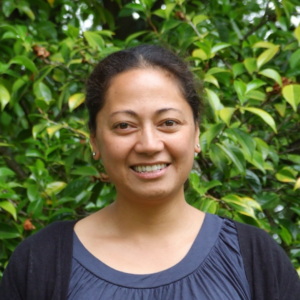
Is the blood test for heart failure failing Pacific peoples in Aotearoa?
Dr Allamanda Faatoese
Research Fellow, Christchurch Heart Institute, University of Otago, Christchurch
Heart failure is a major cause of cardiovascular hospitalisations in Aotearoa. Pacific peoples have higher heart failure incidences, and often at a much younger age than their non-Māori, non-Pacific counterparts. Detection of a specific heart hormone in the blood is used to indicate an increased risk for, or a diagnosis of heart failure. Research shows that Pacific adults have much lower levels of this hormone than NZ Europeans, despite their increased cardiovascular risk. Allamanda will share how ongoing research is helping to understand this anomaly and its implication for future testing for heart failure in Pacific peoples.
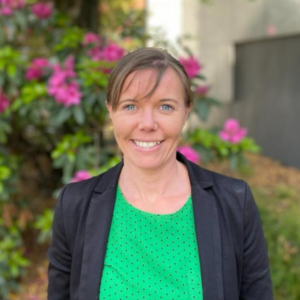
How technology is influencing our interactions with our children
Dr Cara Swit
Senior Lecuturer, School of Health Sciences, University of Canterbury
Young people today are accessing and engaging with digital technology earlier and more frequently than previous generations, leading parents, practitioners, and researchers to think deeply about its impact. But what about young people’s perspectives of digital technology? Cara will describe what research has discovered about the impacts of digital technology from the young person’s perspective, and how her latest project with international partners will provide unique insights into how technology influences parent-child interactions.
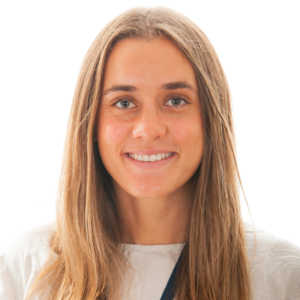
Reshaping breast cancer recovery: harnessing light to guide fat
Dr Gretel Major
Postdoctoral Fellow, School of Biological Sciences, University of Canterbury
Surgical options for breast cancer include full or partial mastectomies. Fat grafting has favourable potential to repair breast defects after a mastectomy, however current results are variable with high rates of fat reabsorption and secondary complications. Gretel will share key findings from research conducted during her PhD at the University of Otago, working on the next generation of fat grafts using visible light to improve structure and retention. In the future, this technology could markedly improve reconstruction techniques for breast cancer patients.
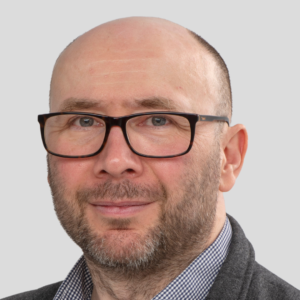
How artifical intelligence (AI) is being used in cancer diagnosis
Dr Gavin Harris
Anatomical Pathologist, Health New Zealand Canterbury Te Whatu Ora Waitaha
Applying AI to microscopic breast cancer images helps identify important biological signatures of aggressive cancer behaviour. Currently in New Zealand, access to this test is extremely expensive, and takes time as samples are sent overseas for testing. Gavin will explain how his research hopes to incorporate this technology into patient’s pathology reporting here in New Zealand, making it accessible, timely and available for all.
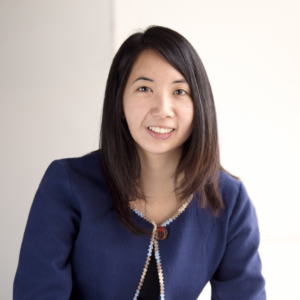
Can we use video games to promote nutrition and health literacy?
Dr Claudia Leong
Department of Applied Sciences and Social Practice, Ara Institute of Canterbury | Te Pūkenga
A 2021 survey showed 93% of our children played video games. How can we engage with this large number of young gamers to improve health education? Claudia will share her emerging research on a nutrition game aimed at engaging children to explore what is in their food. Through this process, children are able to improve their understanding of how the nutrients in their food can affect their health and wellbeing.
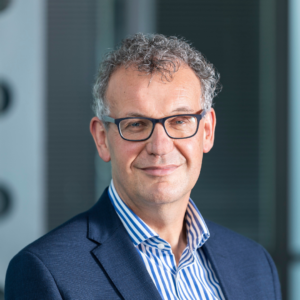
How research helps quality assure our future doctors
Professor Tim Wilkinson
Dean for the Otago Medical School and Professor in Medicine and Medical Education, University of Otago Christchurch
Admissions to medical schools in New Zealand is being increased to meet healthcare demands and a worldwide shortage of doctors. Examining and assessing the medical curriculum, how we train our doctors, is essential to ensure our local medical graduates are meeting the health needs of our communities. Tim will talk about medical career pathways and how research into clinical competence and performance, workplace learning, and professionalism is helping to make sure we continue to produce high quality future doctors..
